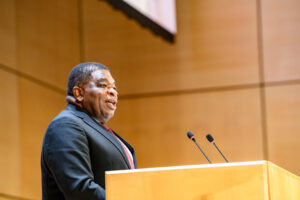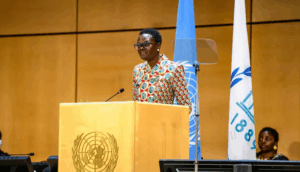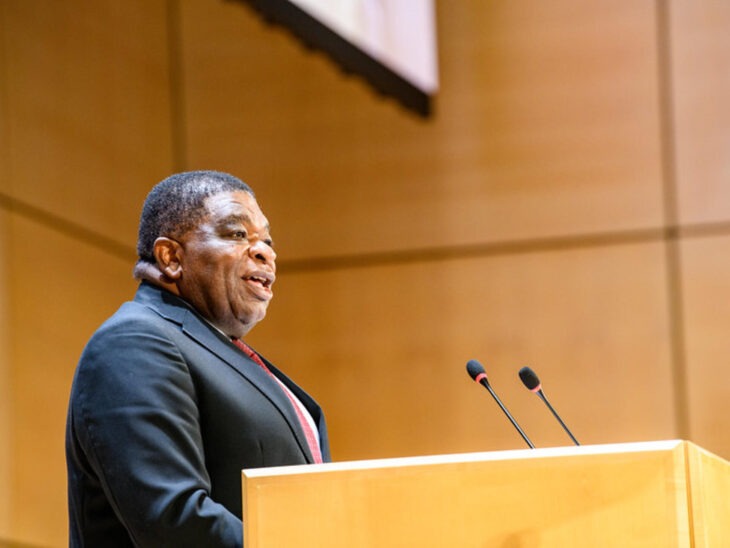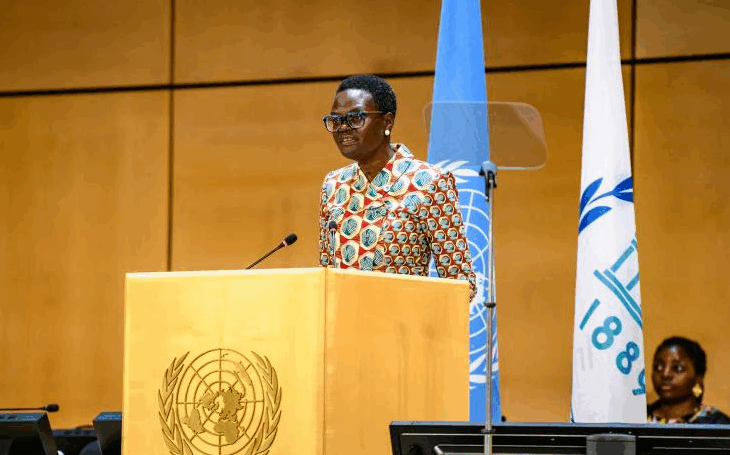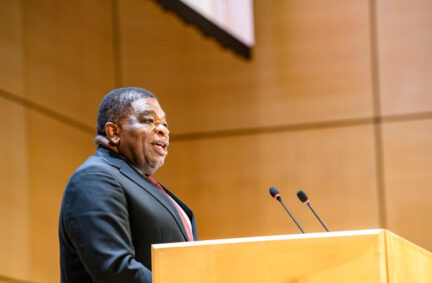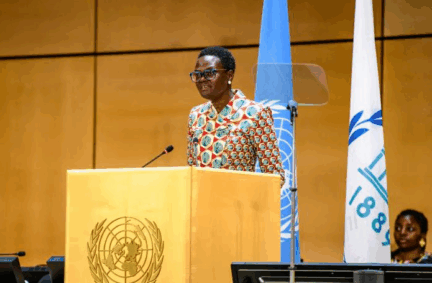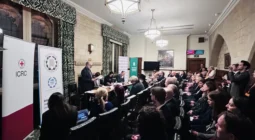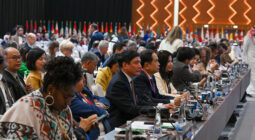

On the International Day of Democracy: Who is missing from the table?
Close to three billion people were called to the polls last year in a record number of elections worldwide, demonstrating how widely democracy has spread in the last 100 years. However, democracy’s true value should be measured not only by the number of elections held but also by the extent to which the results produce outcomes, including parliaments that genuinely represent and deliver for the people.
By this standard, there is still much work to be done.
Women continue to be severely underrepresented in politics. And those elected too often face impediments in particular harassment and even violence.
The figures are stark. Globally, according to IPU data, women hold just 27.2% of parliamentary seats today. This is up from 11.3% in 1995 – the year in which the Beijing Declaration and Platform for Action was adopted, the global blueprint for gender equality and women’s rights – but progress is slowing, with only a 0.3 percentage-point increase in 2024, the slowest rate since 2017.
At the same time, young people are largely absent from political life, endangering the future of democracy. Although roughly half the world’s population is under 30, youth account for only 2.8% of parliamentary seats globally. For young women, it’s just 1.2% — a clear democratic deficit. This glaring gap in women and youth representation erodes legitimacy and can hollow out democracy’s substance.
Yet there is hope.
Despite its flaws, democracy remains the strongest safeguard for our nations, institutions and communities. The details may vary from country to country, but it remains the best system to deliver for the people.
There are positive signs that change is possible. Among MPs under 30, according to IPU data, women make up about 40% — proof that if barriers fall, younger generations are ready to lead more equally.
The challenge now is to build on that potential, not let it be extinguished by backlash. So much has been achieved over the decades, but the backlash is very real: rollbacks on reproductive rights, weakening protections against gender-based violence, and attempts to revive harmful practices that were once outlawed.
This year’s International Day of Democracy is a moment of reckoning. Progress is real but fragile; in some regions, there is regression.
That is why the IPU has focussed in 2025 on gender, launching its campaign Achieving gender equality, action by action to mobilize parliaments to improve gender equality in politics and society.
On the youth front, last week, the IPU Global Conference for Young Parliamentarians brought together young and more experienced MPs in Lima, Peru, under the banner Uniting generations for gender equality. It was also the opportunity to highlight the IPU’s campaign to rejuvenate parliaments: I say yes to youth in parliament!
The renewal of democracy demands alliances across generations: the wisdom of experience and the urgency of youth. It means parliaments that genuinely reflect their societies, where women and youth are not token presences, but safe, respected and empowered contributors. It means resisting regression — standing firm in the shared belief that equality is not optional, but foundational.
I encourage you all to celebrate the International Day of Democracy with the IPU on 15 September. Democracy has always faced a range of challenges. But in its multiple different forms it has proven to be the most resilient political system. For democracy, for everyone.
Martin Chungong, IPU Secretary General
Also marking the International Day of Democracy, IPU President, Tulia Ackson, wrote in the UN Chronicle about the importance of protecting our democratic systems through dialogue, justice and delivery.
